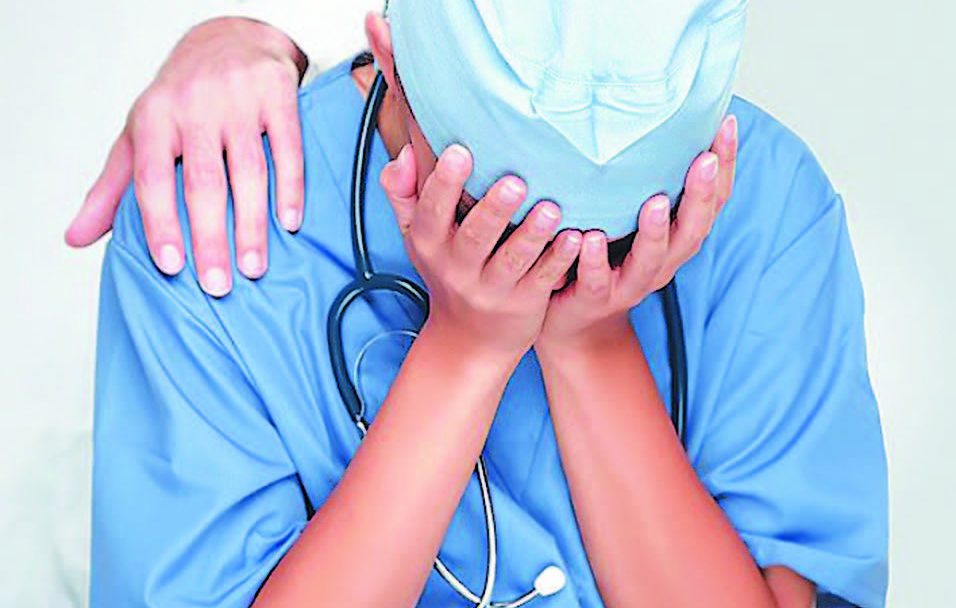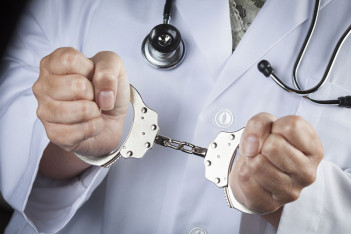Medical Error
Medical errors are a significant concern in healthcare systems worldwide. These mistakes can have devastating consequences for patients, ranging from minor complications to life-altering injuries or even death. This article explores the concept of medical errors, their legal implications, and the options available for patients seeking justice.
Understanding Medical Errors
A medical error is defined as a preventable adverse effect of care, whether or not it is evident or harmful to the patient. These errors can occur at various stages of medical care, including diagnosis, treatment, aftercare, or health management.
Types of Medical Errors:
1. Diagnostic errors
2. Medication errors
3. Surgical errors
4. Communication errors
5. Equipment failures
Severe Consequences of Medical Errors
Incorrect treatment that cripples is one of the most severe outcomes of medical errors. This can include:
1. Groundless amputation of limbs
2. Wrong-site surgeries
3. Medication errors leading to permanent disabilities
4. Misdiagnosis resulting in inappropriate treatments
Such incidents can lead to lifelong disabilities, significantly reduced quality of life, or even fatalities.
Legal Liability for Medical Errors
Medical error and legal liability are closely intertwined. Depending on the severity of the consequences and the circumstances of the case, liability can be:
1. Civil
2. Administrative
3. Criminal
Medical Error in the Criminal Code
Many countries have provisions in their criminal codes addressing medical malpractice. These may include:
1. Negligent homicide
2. Grievous bodily harm through negligence
3. Practicing medicine without a license
It's important to note that criminal charges are typically reserved for cases of gross negligence or intentional misconduct.
Legal Protection for Patients
In cases of medical errors, patients have the right to seek legal protection. This may involve:
1. Filing a complaint with the healthcare facility
2. Reporting to medical licensing boards
3. Seeking legal counsel
4. Filing a lawsuit
Legal support for medical error cases is crucial, as these cases often involve complex medical and legal issues.
Filing a Lawsuit in Case of Medical Error
To protect their rights, patients can file a lawsuit against the doctor or healthcare facility. The application to court in the case of a medical error should include:
1. A detailed description of the incident
2. Evidence of the medical error
3. Claims for compensation
It's essential to gather all necessary documents, including medical records, test results, and expert opinions.
Recovery of Moral and Material Damage
If a medical error is proven, patients have the right to compensation, which may include:
1. Reimbursement of medical expenses
2. Compensation for lost wages
3. Damages for pain and suffering
The amount of compensation in the case of a medical error is determined by the court, considering all circumstances of the case.
Recovery from a Doctor in Case of Medical Error
In some cases, it may be possible to seek recovery from a doctor in the case of a medical error. However, more often, the healthcare facility is held liable rather than individual physicians.
Challenges in Proving Medical Errors
Proving medical errors can be challenging due to several factors:
1. Complexity of medical procedures and their documentation
2. Professional solidarity among healthcare workers
3. Patients' lack of medical knowledge
Therefore, it's crucial to seek help from qualified lawyers specializing in medical malpractice cases.
Prevention of Medical Errors
To reduce the incidence of medical errors, it's necessary to:
1. Improve medical education and training
2. Implement advanced diagnostic and treatment technologies
3. Enhance quality control systems in healthcare
4. Foster a culture of open discussion about errors in the medical community
Medical errors represent a serious issue that can have severe consequences for patients. It's crucial for patients to understand their rights and the legal options available in such situations. At the same time, efforts must be made to improve healthcare systems to minimize the risk of medical errors.
Patients who have fallen victim to medical errors are advised not to delay seeking legal assistance. Timely and competent actions can help not only in obtaining compensation but also in preventing similar cases in the future.
Doctors, for their part, must recognize their responsibility and constantly work on improving their qualifications. Open discussion of errors in a professional environment can be an important step towards improving the quality of medical care.
Society as a whole needs to pay more attention to issues of healthcare quality and protection of patients' rights. This includes both improving legislation and increasing legal literacy of the population in matters of medical law.
Only through joint efforts of patients, healthcare professionals, lawyers, and society can we achieve a significant reduction in medical errors and ensure proper protection of patients' rights.
It's important to remember that the goal of legal actions in medical error cases is not only to obtain compensation but also to prevent similar incidents in the future, improve the quality of medical care, and increase the accountability of healthcare professionals for their actions.
In conclusion, while medical errors are a complex and often distressing issue, there are legal mechanisms in place to protect patients' rights. Whether it's filing a lawsuit against a doctor, seeking compensation for a medical error, or working towards systemic changes in healthcare, each action contributes to a safer and more accountable medical system. As we continue to navigate these challenges, it's crucial to maintain a balance between holding healthcare providers accountable and recognizing the inherent risks and complexities of medical practice.
Legal Implications of Medical Errors
Medical errors can have severe consequences for patients, leading to physical harm, emotional distress, and even death. In such cases, the legal system plays a crucial role in determining the extent of the doctor's or medical institution's liability and ensuring that justice is served.
The criminal code outlines the legal framework for addressing medical errors that result in significant harm or death. When a healthcare professional's actions or negligence directly cause a patient's demise or serious injury, they may face criminal charges, ranging from reckless endangerment to manslaughter.
Establishing medical error liability requires proving that the healthcare provider breached their duty of care to the patient. This involves demonstrating that the doctor or medical institution failed to meet the accepted standard of care, resulting in the patient's injury or worsening condition.
The legal liability for medical errors can manifest in various forms, including compensatory damages, punitive damages, and injunctive relief. Compensatory damages aim to reimburse the patient for their financial losses, such as medical expenses, lost wages, and pain and suffering. Punitive damages, on the other hand, serve to punish the healthcare provider for egregious misconduct and deter similar occurrences in the future. Injunctive relief may be granted to prevent further harm to the patient or others by prohibiting the healthcare provider from engaging in certain practices.
Navigating the complexities of medical errors and legal liability of the doctor necessitates seeking legal counsel from an experienced attorney specializing in medical malpractice cases. An attorney can effectively assess the situation, gather evidence, and build a strong legal argument to pursue the patient's rights and obtain the appropriate compensation.
In conclusion, medical errors pose a significant threat to patient safety and can have far-reaching legal consequences for healthcare providers. Understanding the nuances of medical error liability and the applicable legal framework is essential for both patients seeking justice and healthcare professionals striving to uphold their ethical and legal obligations.





























